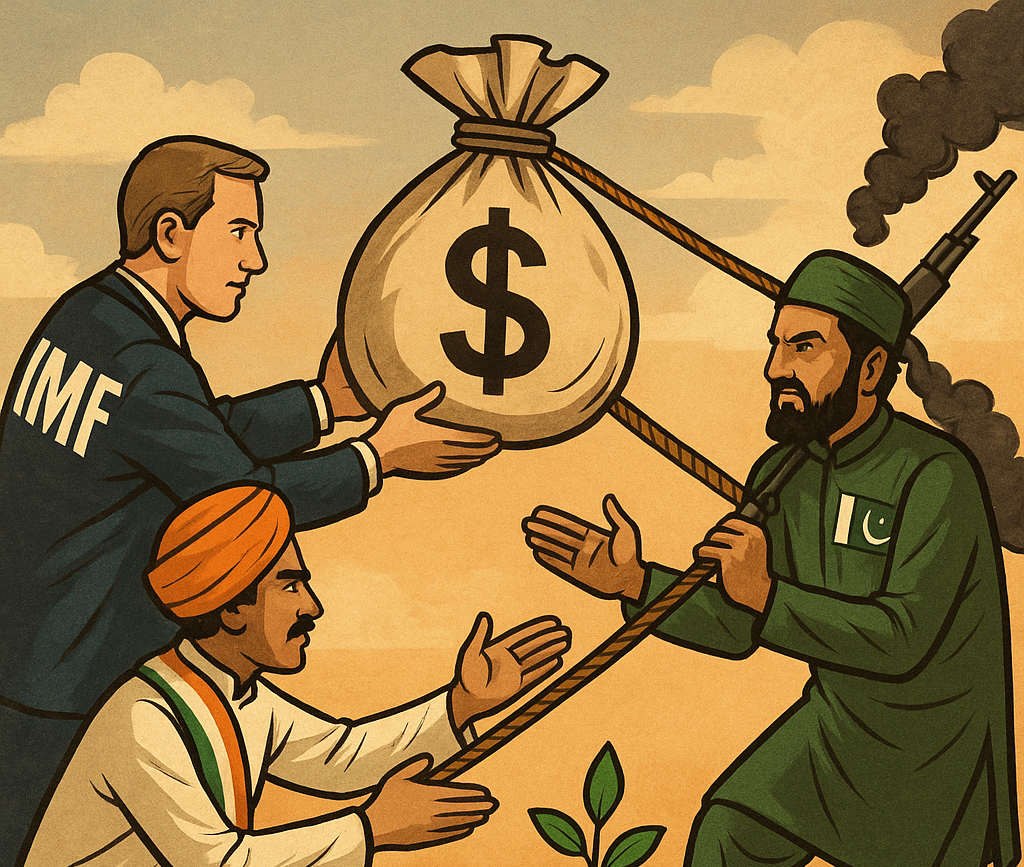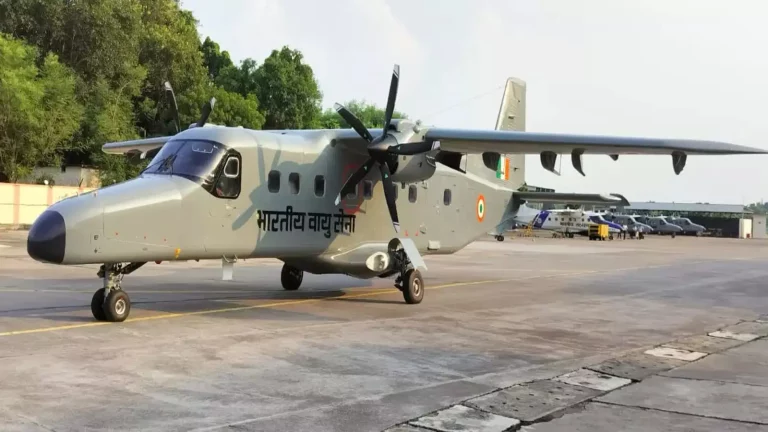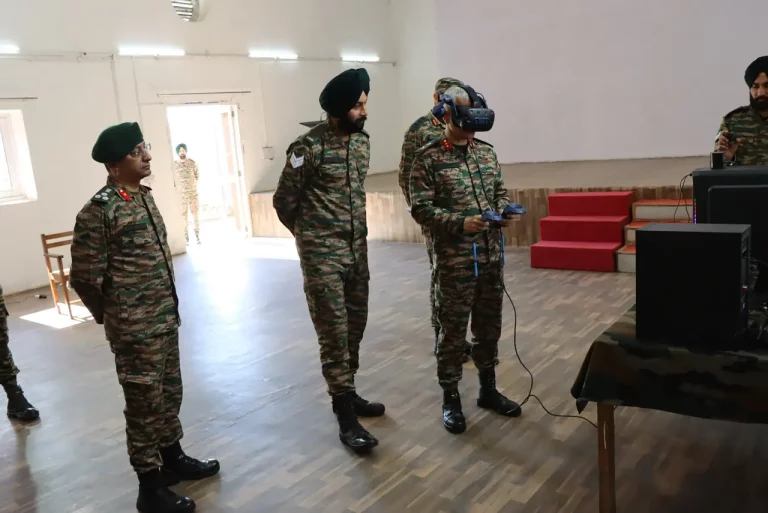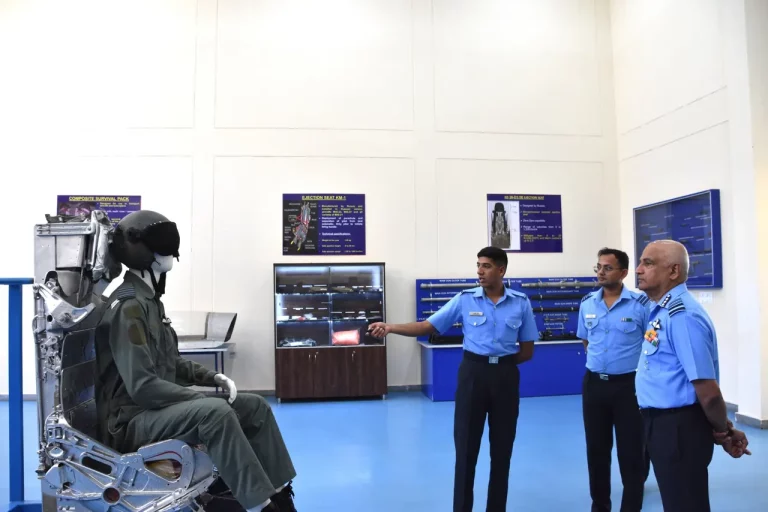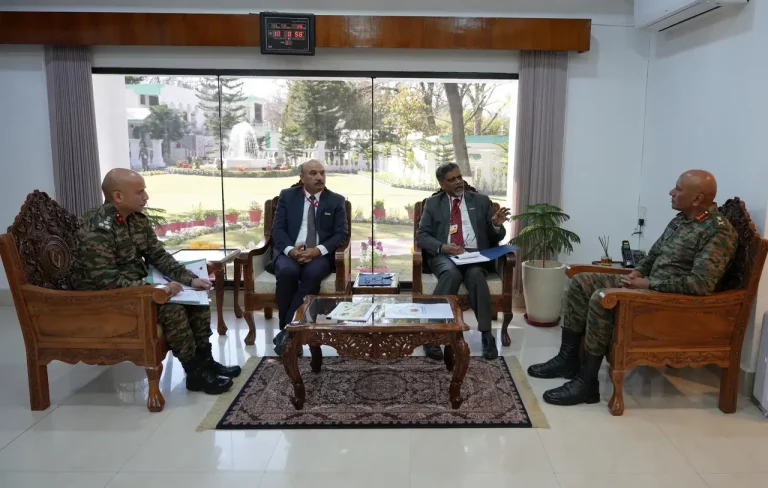In a significant development that could alter regional dynamics, India has officially requested the International Monetary Fund (IMF) to re-evaluate its $1.3 billion climate resilience loan to Pakistan. This appeal, confirmed by sources within the Indian government, comes just days ahead of the IMF board’s scheduled meeting on May 9, where they will assess Pakistan’s compliance with critical policy benchmarks linked to an ongoing $7 billion bailout package.
This request from India closely follows a deadly terrorist attack that occurred on April 23 in Kashmir’s Baisaran Valley, an event New Delhi attributes to militants operating from Pakistan. The incident has escalated tensions between the two nuclear-armed nations. India contends that ongoing IMF financial assistance poses risks related to its potential misuse, specifically by bolstering terror infrastructure across the border.
Moreover, India’s appeal is set against the backdrop of its recent decision to suspend the long-standing Indus Waters Treaty on March 1, which halted the flow of Ravi River water into Pakistan. This development has further strained relations, with both countries now having closed their airspace to one another, illustrating the deteriorating diplomatic climate.
Pakistan, facing significant economic challenges, has already received $2 billion from an IMF bailout approved last year. The nation’s economy, valued at about $350 billion, heavily relies on external support. Analysts highlight a chronic trade imbalance, where exports account for less than half of imports, coupled with rapidly diminishing foreign reserves, as critical issues affecting its economic stability.
India, which previously opted not to oppose IMF funding for Pakistan, may now actively voice opposition to the climate loan based on security concerns. Reports indicate that New Delhi perceives accountability and terrorism as interconnected issues when it comes to international financial assistance.
The situation in Islamabad has also drawn international scrutiny, with U.S. Vice President JD Vance urging Pakistan on May 1 to take decisive action against terrorist groups utilizing its territory. The United States has stressed the importance of regional cooperation to combat extremism and maintain stability in South Asia.
As the IMF board prepares to examine both the climate loan and Pakistan’s progress on necessary economic reforms, the forthcoming decision could have significant ramifications—not only for Pakistan’s economic recovery but also for the already fragile relationship between India and Pakistan.
